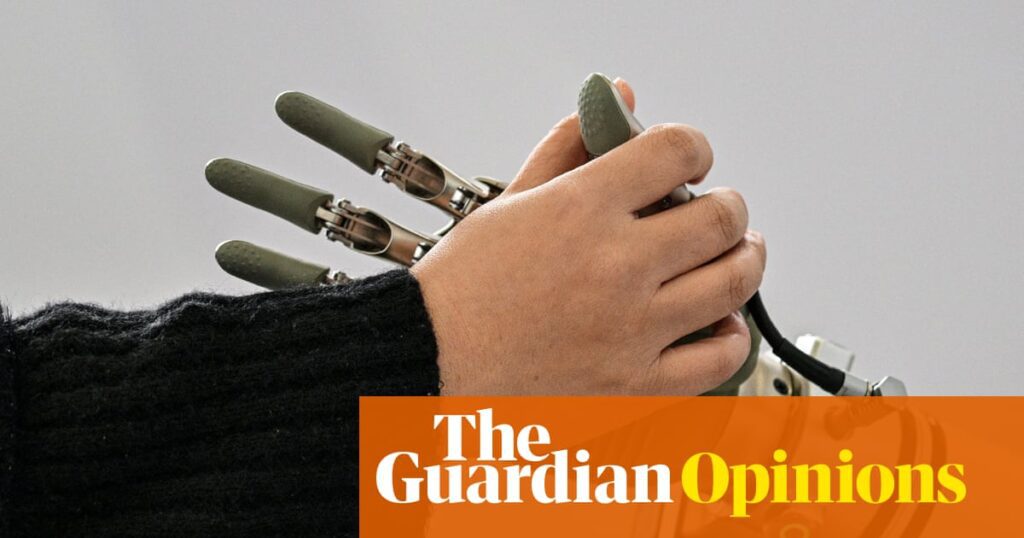Can AI Really Outshine Humans? A Closer Look at the "Superhuman" AI Promise
Tech enthusiasts and futurists are buzzing about a bold vision for the future of artificial intelligence (AI)—one that includes the potential for "superhuman" capabilities. Dario Amodei, CEO of Anthropic, foresees AI surpassing humans in nearly every domain within just a few years. Meanwhile, Elon Musk’s initiative to streamline government operations—dubbed the "Department of Government Efficiency" (Doge)—envisions the replacement of government employees with chatbots for improved efficiency. Some researchers even claim that AI can now outdo humans in areas traditionally considered exclusive domains of human capability, like empathy, creativity, and conflict resolution.
Sounds impressive, right? However, before we start looking for our replacements, let’s take a closer look at the evidence behind these claims.
The “Rigged Competitions” Argument
In various studies, AI has been touted to outperform humans in areas that depend heavily on emotional intelligence and creativity. For instance, some researchers pitted OpenAI’s ChatGPT against human doctors and therapists in a simulated empathy contest using Reddit posts about health struggles. To the surprise of many, AI’s responses were rated as more empathetic than those from the medical professionals.
But would you really turn to a chatbot for emotional support? Imagine you’ve had a rough day—your boss yelled at you, your brother is going through a divorce, and you’re anxiously awaiting medical test results. Would logging onto Reddit for a generic, text-based response be your go-to way to seek comfort? Probably not. You’d want to grab coffee with a close friend who understands your unique situation.
When tests pit AI against humans, they frequently disregard what makes human connections special. Instead of exploring human relationships that resonate with us emotionally, they often compel humans to act more like machines. No wonder we sometimes "lose" in these setups!
The Creativity Conundrum
Another study suggested that AI could generate more innovative research ideas than human experts. PhD students and postdocs were tasked with brainstorming solutions to various topics, and their ideas were judged by peers, who rated AI-produced concepts as more exciting. However, scientific breakthroughs often result from collaborative discussions, diverse insights, and the shared brainstorming sessions that AI simply can’t replicate.
In this instance, the humans had to think up their ideas alone. The absence of collaboration—think group brainstorming sessions over coffee—skewed the results. Science thrives on teamwork, synergy, and the rich depth of shared knowledge. Without those elements, AI might appear to take the crown in a narrow contest that doesn’t mirror the innovative spirit of human inquiry.
Parsing Political Disagreements
Recently, AI also made headlines by "resolving" political disagreements more effectively than human facilitators. In a study, British citizens were guided through conversations about divisive topics by AI and human mediators. The results showed that groups reached more consensus when AI guided them, leading many to believe that AI could heal our political divides.
Yet, the study overlooked a critical component of conflict resolution: human presence. Every seasoned mediator knows that resolving disputes requires more than just clear statements—it also involves non-verbal cues like tone, body language, and empathy. The online medium used was another barrier; text often strips away vital nuances needed to gauge true sentiments.
The Takeaway: Embracing Our Humanity
While the cheerleaders of techno-optimism celebrate these supposed AI victories, a deeper examination reveals a more complex landscape. AI excels at generating responses in a calculated, machine-like manner, but it lacks the human qualities that forge genuine connections and understanding. We thrive on meaningful interactions and social bonds that aren’t easily reducible to code.
The notion that our character can be quantified is more about human pessimism than the optimism surrounding technological advancement. Yes, we can acknowledge AI as a remarkable technical achievement, but let’s not confuse its narrow capabilities with the richer, deeper qualities that make us distinctly human.
In closing, the skepticism surrounding AI’s so-called “superhuman” abilities serves as a reminder to appreciate the irreplaceable traits we possess—our empathy, our creativity, and our ability to build meaningful relationships.
The AI Buzz Hub team is excited to see where these breakthroughs take us. Want to stay in the loop on all things AI? Subscribe to our newsletter or share this article with your fellow enthusiasts.




